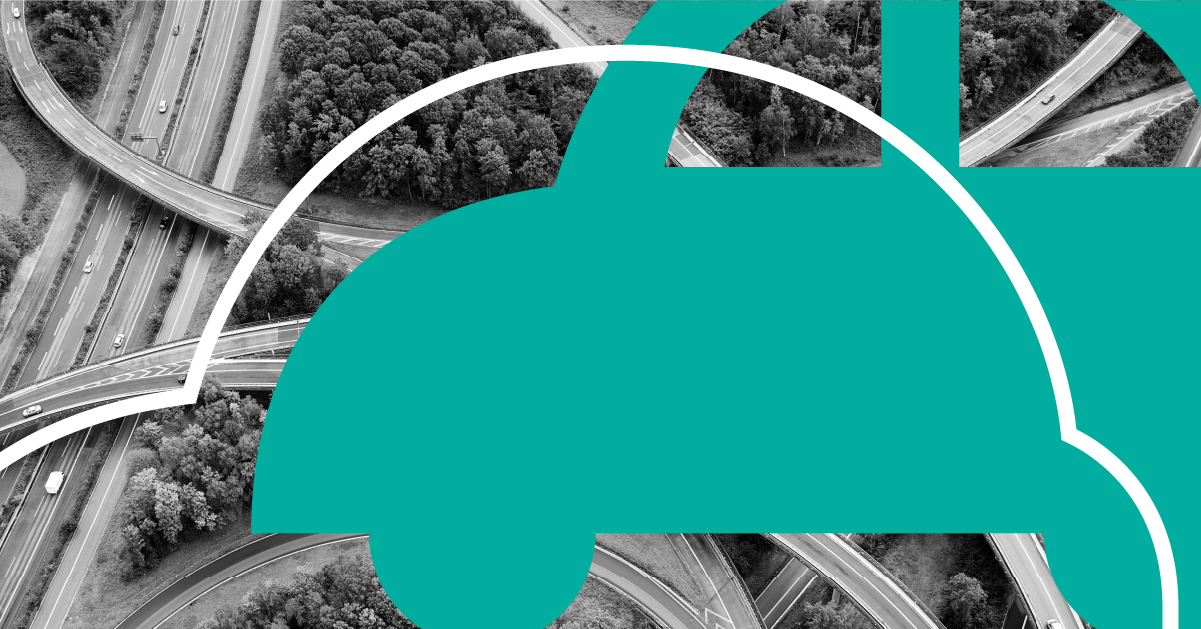Bapcor Earnings: Retail Woes Offset by Strength in Trade

We maintain our AUD 8 fair value estimate for Bapcor BAP. Underlying fiscal 2023 net profit after tax of AUD 125 million was 5% lower than fiscal 2022 and about 7% below our prior forecast. Better-than-expected top-line growth was offset by weaker margins, particularly in retail. The dichotomy between discretionary and nondiscretionary automotive expenditure has manifested in the results. Rising cost of living pressures weighed on retail profitability, while the trade and wholesale divisions proved resilient. We lower our fiscal 2024 underlying NPAT forecast by about 10% to AUD 138 million. We anticipate the subdued retail environment, which is more exposed to discretionary purchases, will continue to weigh on profitability into fiscal 2024. Despite the weaker near-term outlook, the underlying dynamics in automotive spare parts are positive, and we make no material changes to our long-term forecasts.
We expect rising cost of living pressures to have minimal impact on about 90% of Bapcor’s earnings, which are tied to largely nondiscretionary vehicle maintenance. Maintenance can be delayed but not ignored. Spare-parts demand is linked to the overall vehicle pool. We expect vehicle registrations to grow at low single digits over the next decade, marginally outpacing population growth. There are currently more than 20 million passenger vehicles in Australia, with an average age of about 11 years, and about 15 million older than 5 years—out of manufacturer warranty and squarely in Bapcor’s target market. We think Bapcor can take more share from the long tail of smaller competitors by distributing a wider range of spare parts quicker, more reliably, and at a lower cost—competitive advantages that furnish the firm with a narrow economic moat.
The author or authors do not own shares in any securities mentioned in this article. Find out about Morningstar’s editorial policies.


/cloudfront-us-east-1.images.arcpublishing.com/morningstar/6A6R4SGLDNGMXHAH3K2CIQTF3Q.jpg)
/cloudfront-us-east-1.images.arcpublishing.com/morningstar/PVJSLSCNFRF7DGSEJSCWXZHDFQ.jpg)
/cloudfront-us-east-1.images.arcpublishing.com/morningstar/F5UMFVVKMVFRPGGUY4LONIK6OY.jpg)